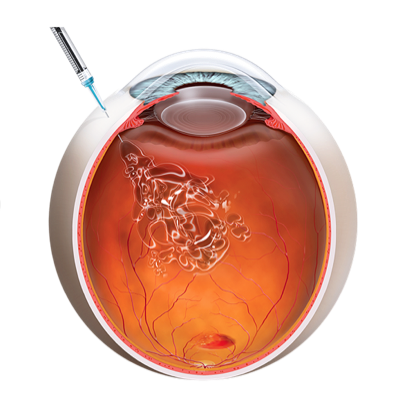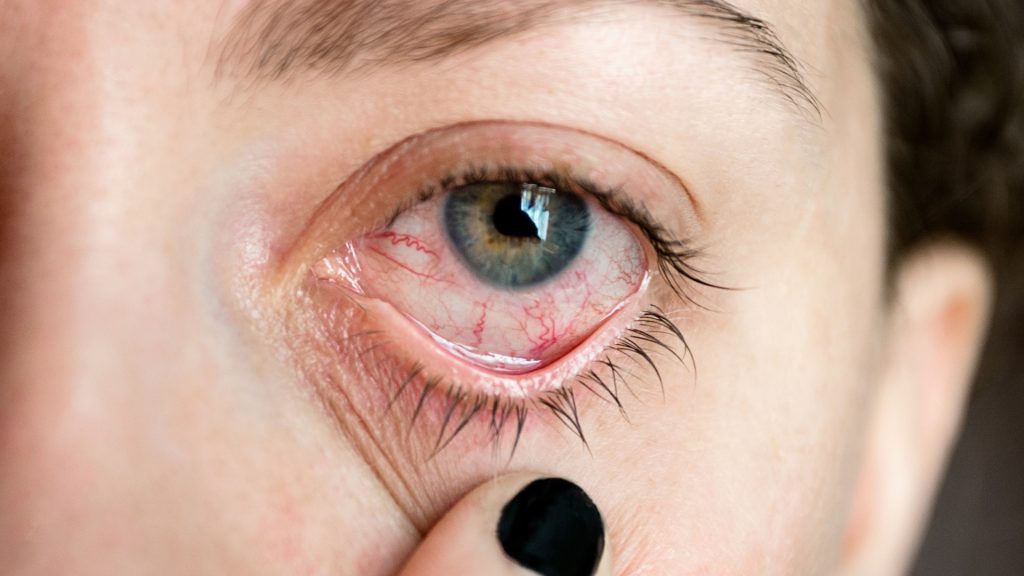Intravitreal Injection

Intravitreal Injection
Intravitreal injections can significantly slow the progression of the eye conditions and even improve vision in some cases. These injections deliver medications that target the root causes of these conditions, helping to reduce inflammation, swelling, and abnormal blood vessel growth.
The macula, situated at the posterior of the eye’s retina, is the central region responsible for precise vision tasks such as reading, writing, watching television, and recognizing faces. Individuals with diabetes may experience the development of macular edema, characterized by retinal swelling due to fluid leakage from blood vessels, leading to blurred vision.
What is Intravitreal Injection?
Causes and Risk Factors
Intravitreal injections are commonly used to treat eye conditions associated with abnormal blood vessel growth, inflammation, or swelling within the eye. Some common causes and risk factors for conditions that may require intravitreal injections include:
- Age-Related Macular Degeneration (AMD): Advanced stages of AMD can lead to the development of abnormal blood vessels in the retina.
- Diabetic Retinopathy: High blood sugar levels in diabetes can damage blood vessels in the retina, causing abnormal growth and leakage.
- Retinal Vein Occlusion: A blockage in the retinal veins can lead to swelling and bleeding in the retina.
- Macular Edema: Swelling in the macula, often linked to diabetes or retinal vein occlusion, can affect central vision.
- Uveitis: Inflammation in the eye can result in vision complications.
Diagnosis And Treatment
Diabetic macular edema can be identified through annual eye screenings, which involve capturing digital images of the retina to detect early signs of this condition. Since initial stages of the disease may not manifest noticeable symptoms in one’s vision, these regular screenings are crucial for early detection and timely intervention. Intravitreal injections can be employed as a treatment option once the disease is diagnosed.
Diagnosis And Treatment

It is advisable to undergo a series of three injections, each spaced one month apart. These injections are performed in a sterile environment with scrupulous attention to cleanliness. The eye is cleaned, and local anesthetic drops are used to numb the eye.
Following the injection, the decision to cover the eye with a pad may vary. If a pad is applied, you may remove it once you return home.
Ready to Experience World-Class Eye Care?
To learn more about how intravitreal injections can benefit your eye health, please reach out to us:
